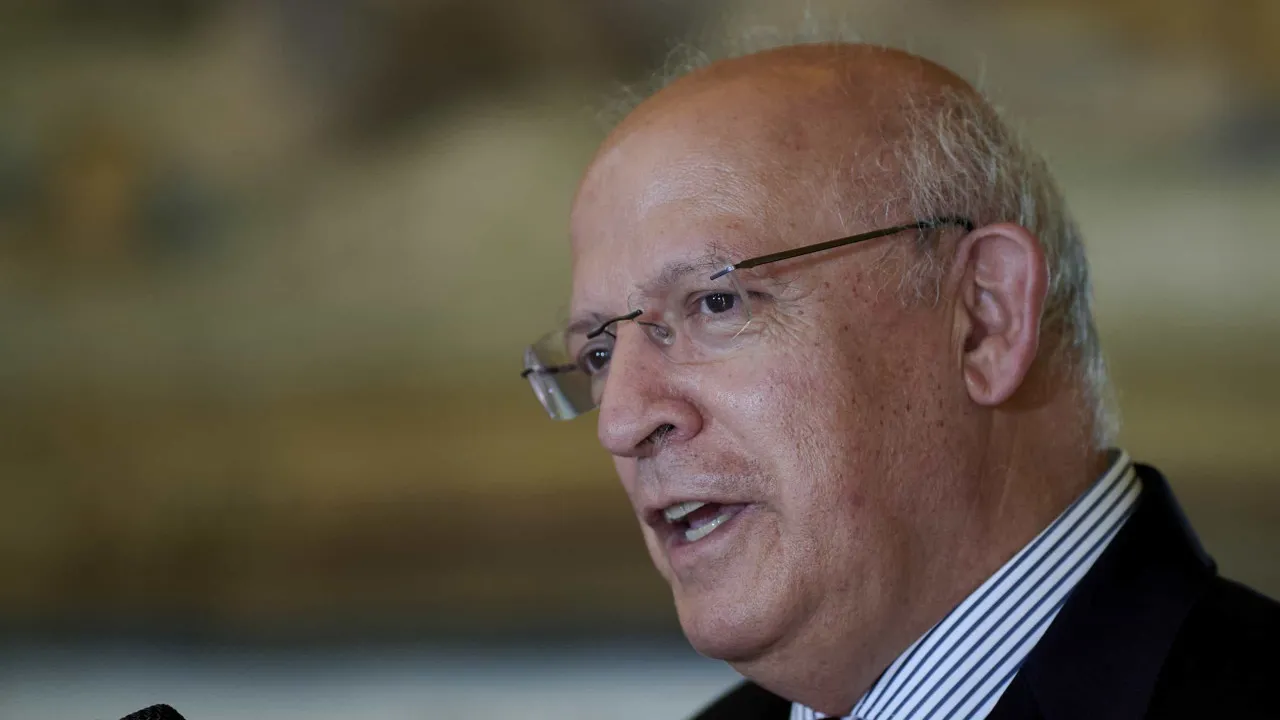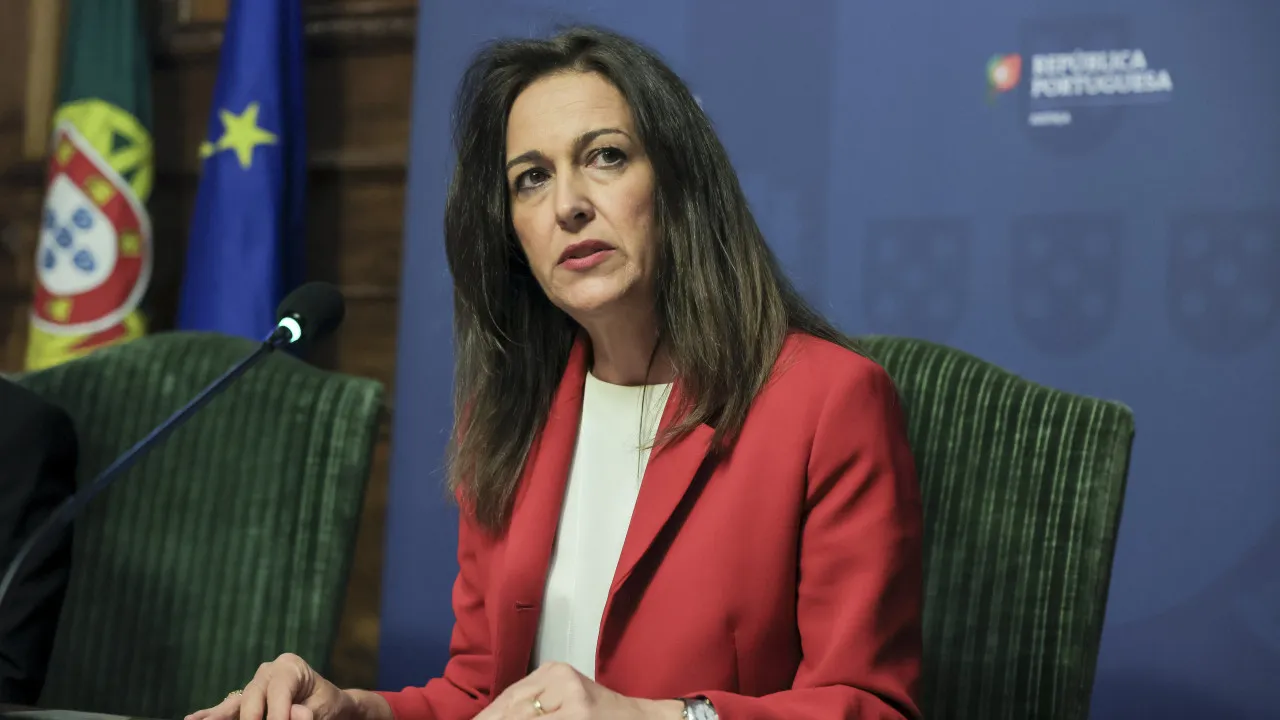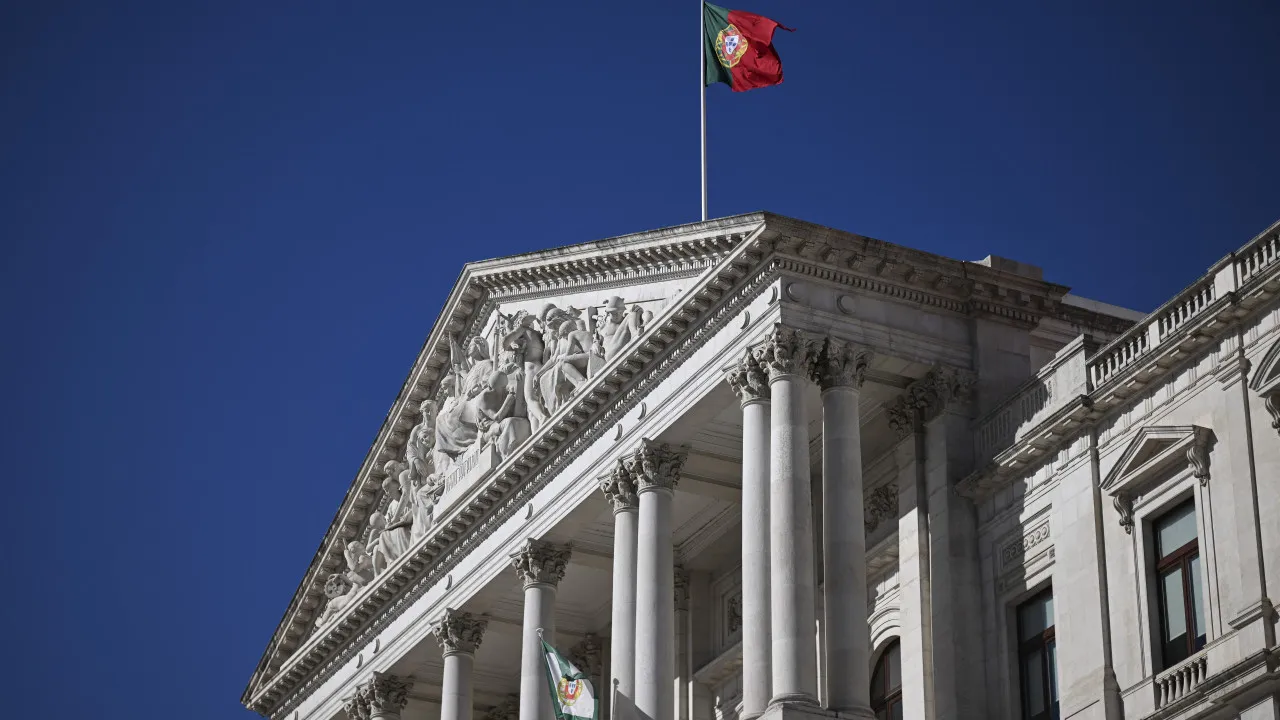The European Think Tank Network on China (ETNC) considers that Portugal is one of the European countries that does not assume a strategy towards China, despite having developed close relations with Beijing and continuing to try to avoid diplomatic confrontations.
In areportnow released, this think tank – which brings together experts in Chinese politics and is based in Brussels – explains that Portugal “lacks the capacity for strategic thinking” vis-à-vis Beijing, in a position that has been maintained since 1979, when the two countries first established diplomatic relations.
Portugal has no China strategy and is “avoiding diplomatic confrontations”
The European Think Tank Network on China (ETNC) considers that Portugal is one of the European countries that does not assume a strategy towards China, despite having developed close relations with Beijing and continuing to try to avoid diplomatic confrontations.
In areportnowreleased, this think tank – which brings together experts in Chinese politics and is based in Brussels – explains that Portugal “lacks the capacity for strategic thinking” vis-à-vis Beijing, in a position that has been maintained since 1979, when the two countries first established diplomatic relations.
The author of the chapter on Portugal in this report — Carlos Rodrigues, a professor at the University of Aveiro — argues that despite this lack of strategy, “Portugal has managed to develop close and stable relations with China”, showing strong pragmatism over the past four decades.
In the report, the ETNC concluded that in recent years, countries in Europe have hardened strategies to resist its economic ambitions.
However, a minority of countries have officially released strategy papers on their positioning vis-à-vis Beijing, with only six countries formalizing such a strategy and the majority, including Portugal, not officially taking a defined position vis-à-vis China.
In any case, the report assumes that Portugal, although without formally assuming it, has sought to avoid any form of confrontation with China, a situation that could change with a new geopolitical environment that has promoted greater hostility between Europe and China.
“The growing logic of confrontation brought about by a changing international geopolitical environment has, as expected, disrupted the positive ‘continuum’ that marks the history of bilateral relations between Portugal and China,” wrote rapporteur Carlos Rodrigues.
Even so, the report recalls, the Chinese authorities recognize that Portugal has maintained a friendly environment for Chinese investment, as evidenced by the statements of Beijing’s former head of diplomacy, Wang Yi, in September 2022, during a meeting with his Portuguese counterpart on the sidelines of the UN General Assembly.
“The China-Portugal relationship has stood the test of changes in the international landscape and achieved sound development, based on mutual understanding and trust,” said Wang, quoted in the ETNC report.
However, Portugal does not forget its links to NATO and the European Union (EU) and respects the cautious stance towards Beijing’s expansionist ambitions, but seeks to preserve the advantages of relations with China.
“There are also signs of some resistance to measures that could potentially harm economic relations with China,” the report says, recalling that when the EU determined screening mechanisms for Chinese investment in Europe in 2019, Prime Minister António Costa reacted cautiously.
“One thing is to use screening to protect strategic sectors, another thing is to use screening to open the door to protectionism,” António Costa said at the time, quoted in the ETNC report.
Mayor of Viana do Castelo and Chinese Ambassador to Portugal want to create joint work platform








